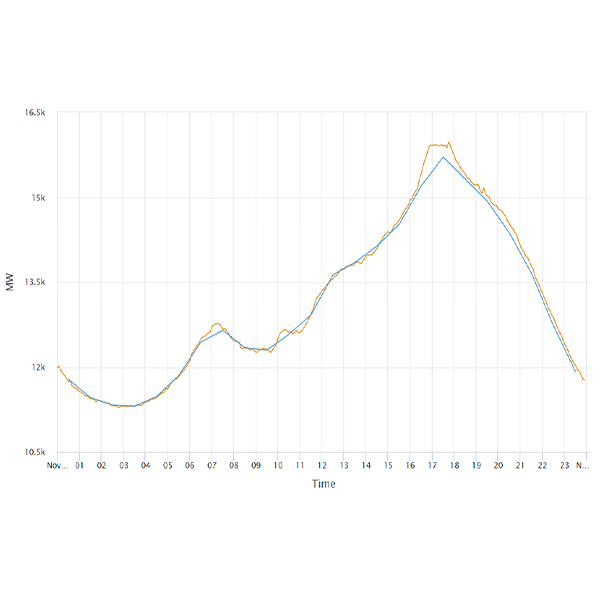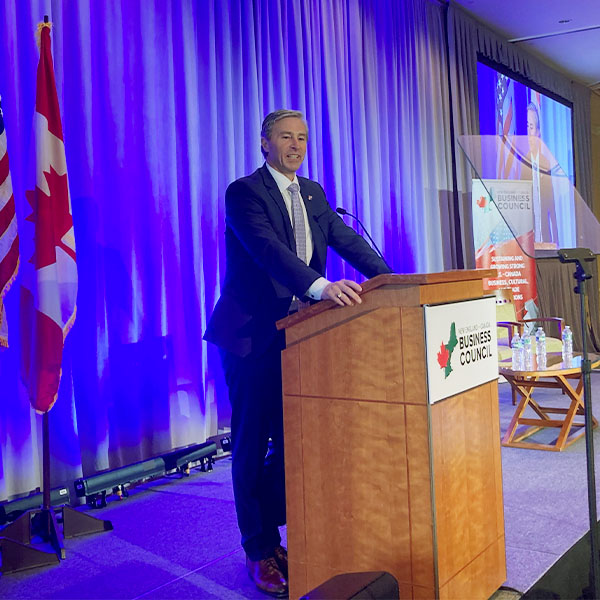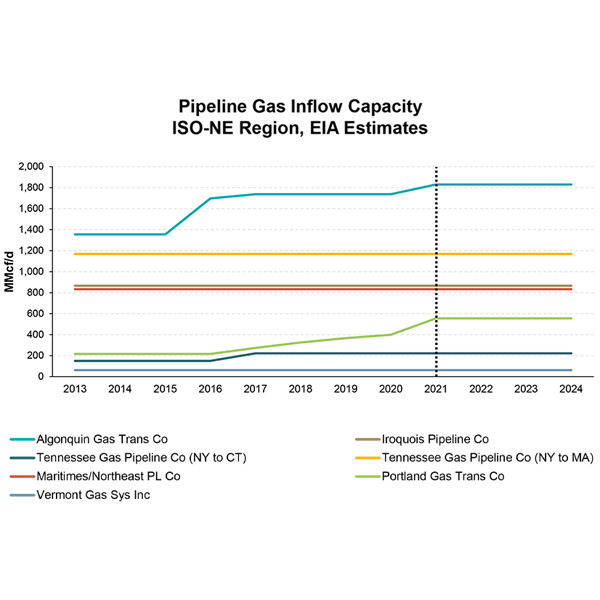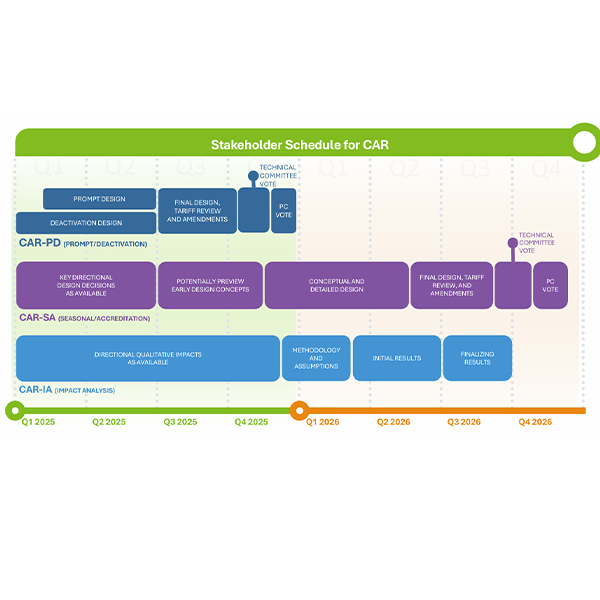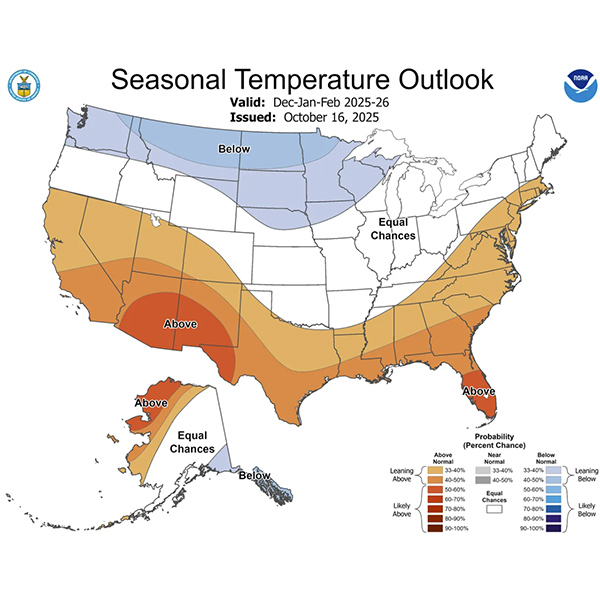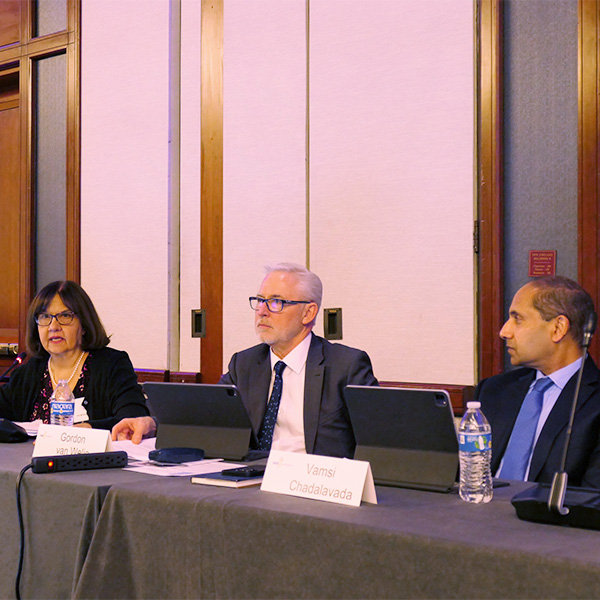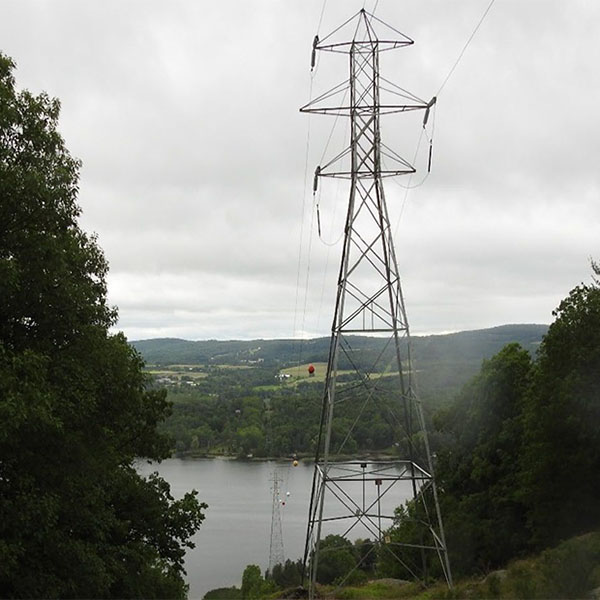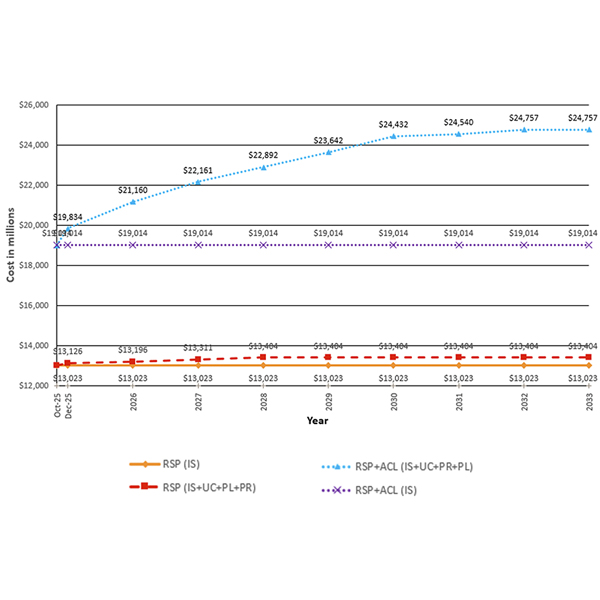ISO New England (ISO-NE)
ISO-NE declared a capacity deficiency after an unexpected loss of generation left the region short of its operating reserve requirements.
Energy affordability and regional collaboration dominated talks at the New England-Canada Business Council's annual Executive Energy Conference.
ISO-NE outlined proposed capacity accreditation for active and passive demand capacity resources at the NEPOOL Reliability Committee.
ISO-NE published a summary of proposals submitted for its first longer-term transmission planning procurement, which is aimed at reducing transmission constraints.
ISO-NE outlined its planned approach for accounting for resources’ gas supply limitations in its new capacity accreditation framework at a NEPOOL Markets Committee meeting.
NEPOOL technical committees voted in favor of ISO-NE’s proposal to adopt a prompt capacity auction and update the RTO’s resource retirement process.
ISO-NE’s probabilistic modeling indicates there is minimal risk of shortfall in the upcoming winter, COO Vamsi Chadalavada told the NEPOOL Participants Committee.
Incoming ISO-NE CEO Vamsi Chadalavada emphasized the importance of innovation and a forward-looking approach to prepare for the future grid.
Weather-normalized electricity demand has increased by about 2% in Eversource Energy’s service territories in New England, in part due to heating and transportation electrification, CEO Joe Nolan said.
Despite recent transparency improvements, broader efforts are needed to address underlying concerns about a lack of regulatory oversight of local transmission costs in New England, a panel of transmission experts said.
Want more? Advanced Search
